I’m spending Passover in Chicago — home of the Cubs, the
Bears and the whole Davis mishpachah (family). Mom’s serving up chopped liver,
chicken soup, matzah balls, matzah kugel, gefilte fish — and those are just the
appetizers. We’ll drink wine, read the haggadah and belt out our never-ending
version of “Chad Gadya.”
It’ll be a feast of freedom, family and what else — food.
One of my favorite holidays, Pesach does more than bring loved ones together,
it brings us together with spirit.
As an L.A. transplant, I don’t always make it home for the
holiday. I’ve stayed in SoCal and sedered with friends, friend’s parents, even
my rabbi.
But the first year after my UCLA graduation, I found myself
sederless. My friends went home, Hillel was full and I couldn’t afford a
synagogue seder on my assistant’s salary. I couldn’t buy a box of matzah
without a coupon, let alone drop a Ben or two for a hard-boiled egg at a pricey
shul. I asked for a discount, but even half price was half too much.
I cried. I called my parents. I cried again. Spending
Passover alone was devastating. The story of Exodus seems far less sweet when
it’s just you and a jar of gefilte fish.
I’ve since learned that no one needs to go without a seder.
For 26 years, Jewish Family Service (JFS) has hosted community seders.
Sponsored by JFS’ Clarence Gerber Memorial Passover program and B’nai B’rith,
the events are a haven for people with few funds or far away families.
For just $3 a person, seniors, students, immigrants,
single-parent families, HIV/AIDS patients and anyone feeling lonely at the
holiday can attend seders at one of three sites.
Having been sederless once myself, I decided to lend a hand
at the Etz Jacob location last Sunday. Two-hundred-and-forty guests, mostly
seniors, arrived at noon. Alongside 30 other volunteers, I poured grape juice,
waited tables and most importantly, pointed out the bathrooms.
The Etz Jacob seder was just one of many L.A. community
seders open to seniors, immigrants, single parents, and those in need. JFS and
B’nai B’rith sponsored two additional pre-passover seders at Temple Beth Am and
Bernard Milken Jewish Community Campus. The Jewish Single Parent Network held a
potluck seder on second night, USC Hillel held a free arts seder on April 8,
and The Workman’s Circle will conduct a seder in Russian, Yiddish and English
on April 11. Many synagogues also offered a match program, where host
congregants opened their own homes to those without a seder.
To ensure everyone felt welcome, the Etz Jacob seder was
conducted in Yiddish, Russian and English. Even the haggadahs were
multilingual.
At first, the guests seemed to listen more than participate.
But once we rounded Dayenu, those seniors let loose. They were singing and
clapping, even tapping their feet. Most seemed delighted by the afternoon.
“Such a mitzvah.” “Such big matzah balls.” “This cake’s so
good, I’m wrapping some up in my napkin for later.”
Still other guests did some kvetching. “The room’s too hot.”
“The water’s not cold.” “Where’s the tea?”
And I’m glad they did. To me, their complaints meant we
provided a seder that felt so much like home, our guests made themselves at
home. They felt comfortable enough to speak their minds.
While serving one table, I spilled a bowl of chicken soup.
It hit the floor, so technically no guests or polyester pantsuits were damaged.
Still, one man called me a “clumsy fool.” The woman next to him gave him a
nudge.
“It was an accident,” she said. “But maybe if she wasn’t so
skinny, it wouldn’t have happened.”
I couldn’t stop smiling. And not just because I suddenly
felt thin. I knew these guests were celebrating the holiday like they would
have at their own seder tables — sitting with friends, speaking in Yiddish,
kvelling about the rabbi, complaining about the heat and retelling the story of
Exodus as they had so many times before. It was no longer a charity seder in a
big ballroom, it was just their seder.
The Passover haggadah says, “Let all who are hungry enter
and eat, and all who are in distress come and celebrate the Passover.” It’s
nice to know that people in Los Angeles are doing more than just reading those
words. Â








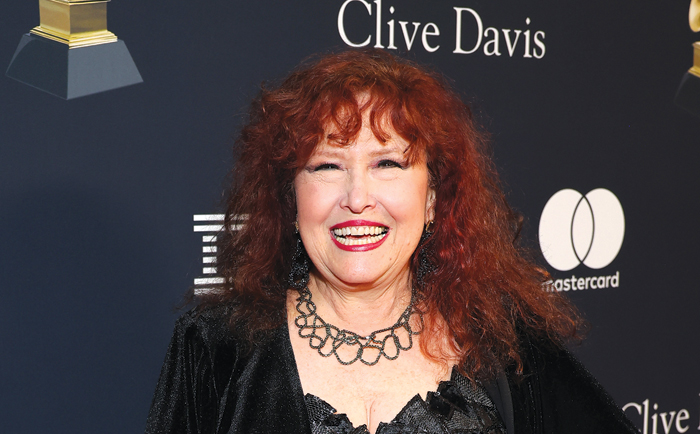

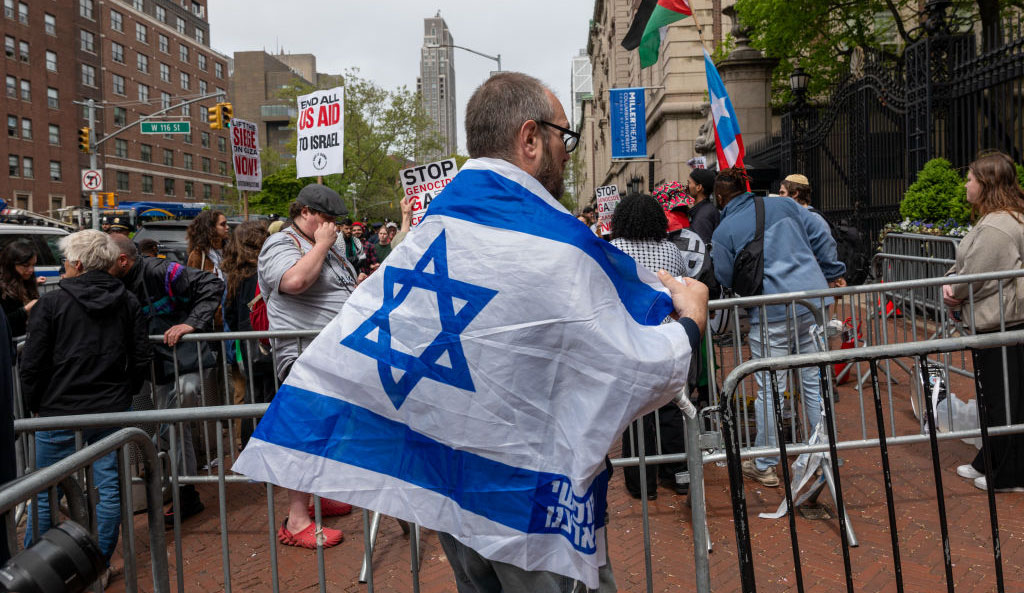
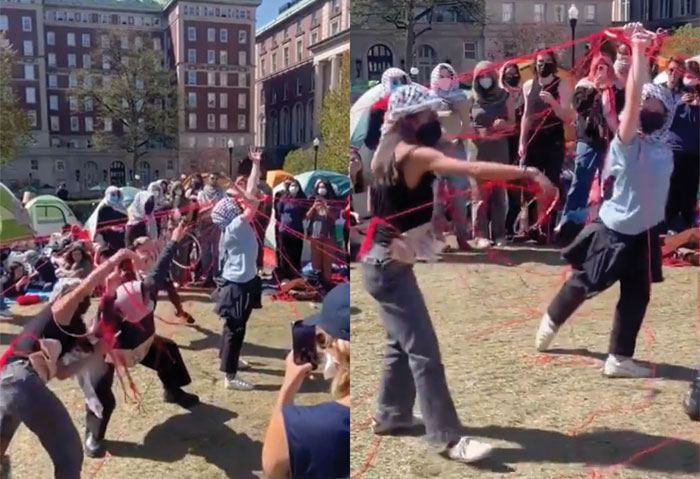
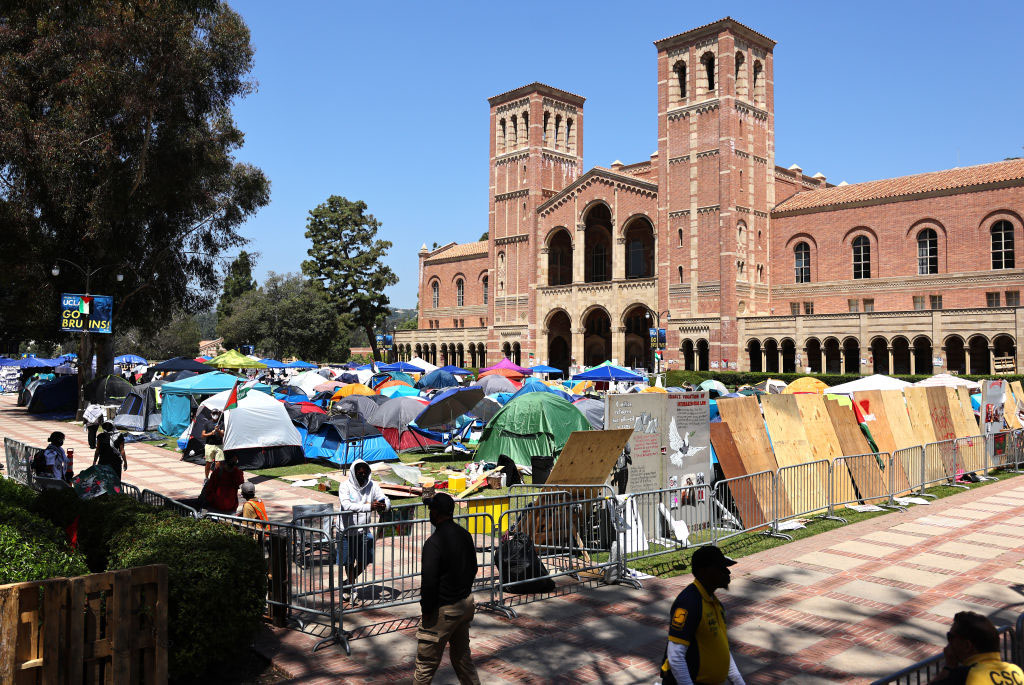
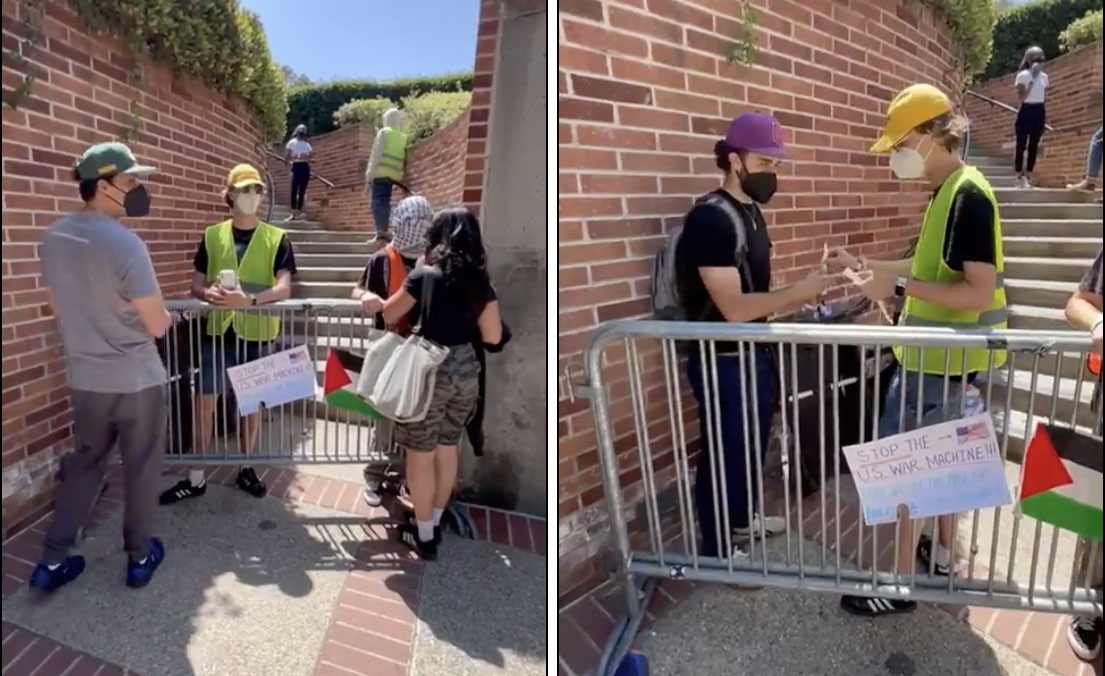








 More news and opinions than at a Shabbat dinner, right in your inbox.
More news and opinions than at a Shabbat dinner, right in your inbox.